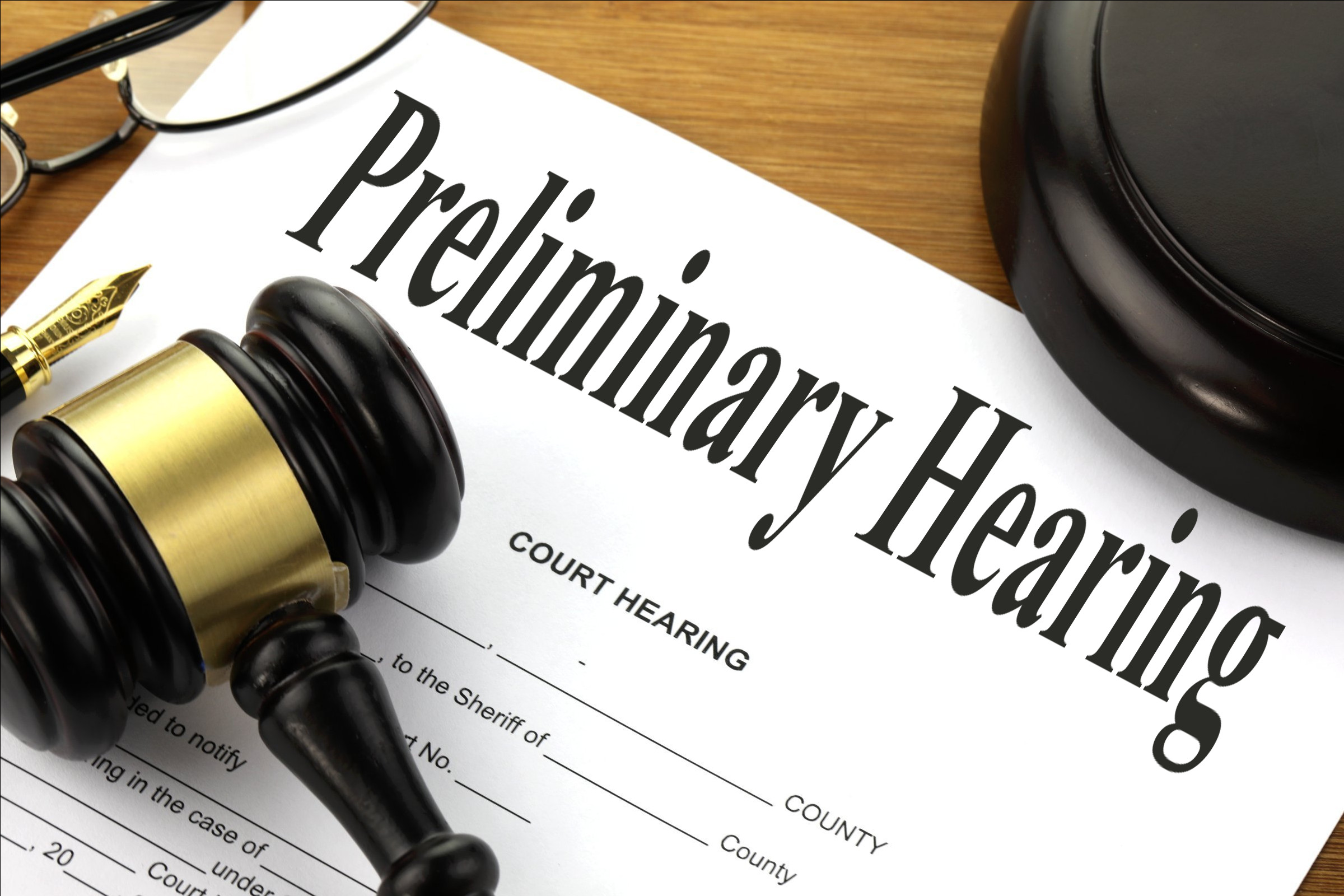Why Preliminary Hearings Are Important
Preliminary hearings are vital in the early stages of a case, as it provides the first opportunity to meaningfully challenge the evidence against you. Every defendant has the right to request a preliminary hearing (unless your charge is in magistrate or municipal court). This request must be made within 10 days of arrest, otherwise you risk forfeiting your right to be heard.
The purpose of a preliminary hearing is to assess whether there was sufficient probable cause to charge you, based solely on what the officer knew at the time of your arrest. An example is helpful to illustrate this point:
Let's say you are charged with possession of a weapon by a person convicted of a violent crime. Per Section 16-23-500, the elements of that charge are:
(1) Possessing a firearm or ammunition within the state; and
(2) Having a prior conviction for a violent felony. (See this chart for crimes classified as violent.)
At the preliminary hearing, the officer would therefore have to present evidence that they knew you were in possession of a gun, and that you were previously convicted of a violent crime. This sounds straightforward enough, but the important thing is that the officer must have been aware of this evidence at the time they made the decision to arrest you. Maybe it was obvious that you were in possession of a firearm, but that's only half of what they'd have to prove. The second part is trickier, because the officer would have to confirm the required conviction before arresting you - so if they only ran your record after the fact, that would mean they lacked the necessary probable cause to arrest you.
(1) Possessing a firearm or ammunition within the state; and
(2) Having a prior conviction for a violent felony. (See this chart for crimes classified as violent.)
At the preliminary hearing, the officer would therefore have to present evidence that they knew you were in possession of a gun, and that you were previously convicted of a violent crime. This sounds straightforward enough, but the important thing is that the officer must have been aware of this evidence at the time they made the decision to arrest you. Maybe it was obvious that you were in possession of a firearm, but that's only half of what they'd have to prove. The second part is trickier, because the officer would have to confirm the required conviction before arresting you - so if they only ran your record after the fact, that would mean they lacked the necessary probable cause to arrest you.
If the State is able to demonstrate to the judge that each element of the crime was apparent at the time of arrest, the case will be "bound over" - which simply means it will continue pending for prosecution. If they are unable to do so, the case will be dismissed.
However, whether or not your case is dismissed, preliminary hearings can still prove to be very beneficial to your case. This is because the officer must testify under oath--meaning if they try to change their version of events down the line at trial or at a hearing on a pretrial motion, you can use their testimony from the preliminary hearing to later impeach them (i.e., show they're lying).
For that reason, it is our policy to never waive a preliminary hearing as the testimony assists us in determining the weaknesses and strengths of your case. To maximize your chances of success at a preliminary hearing, it is wise to have an attorney who is skilled in cross-examination. Fortunately, we can help--if you have an upcoming preliminary hearing, contact us today at (843) 849-4466.
